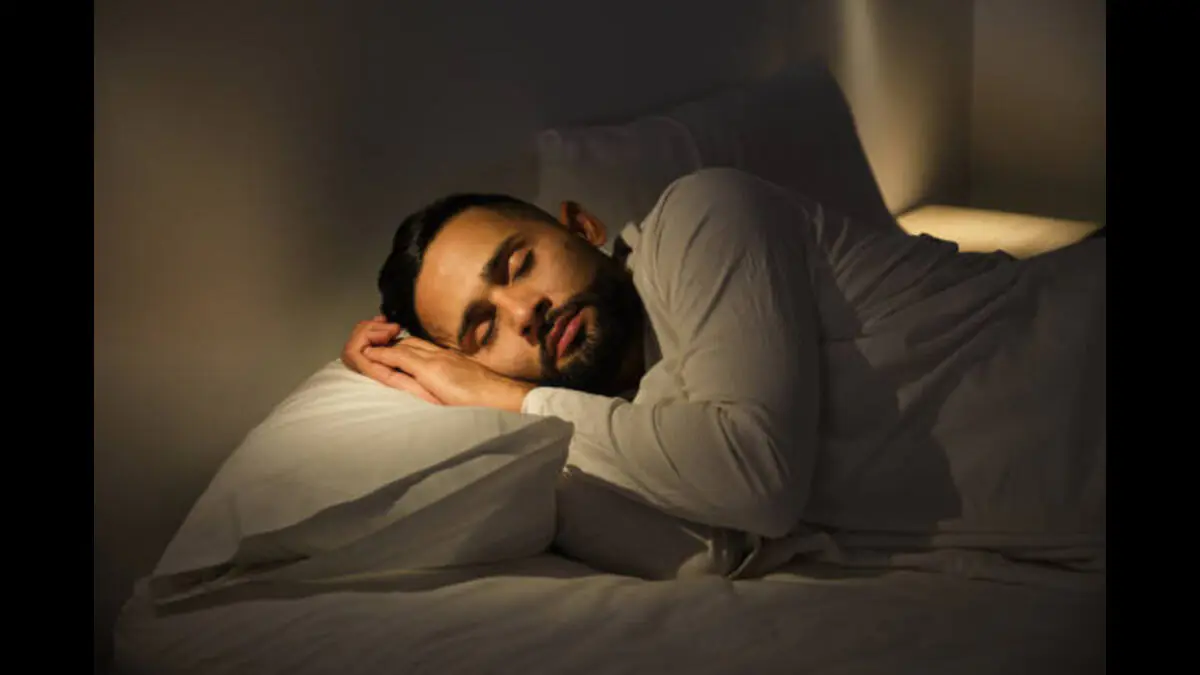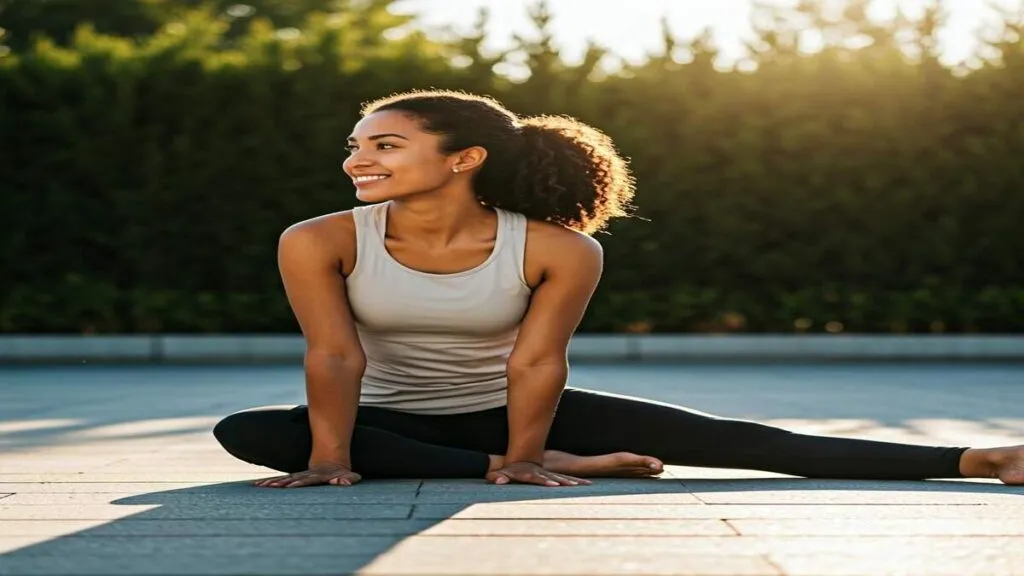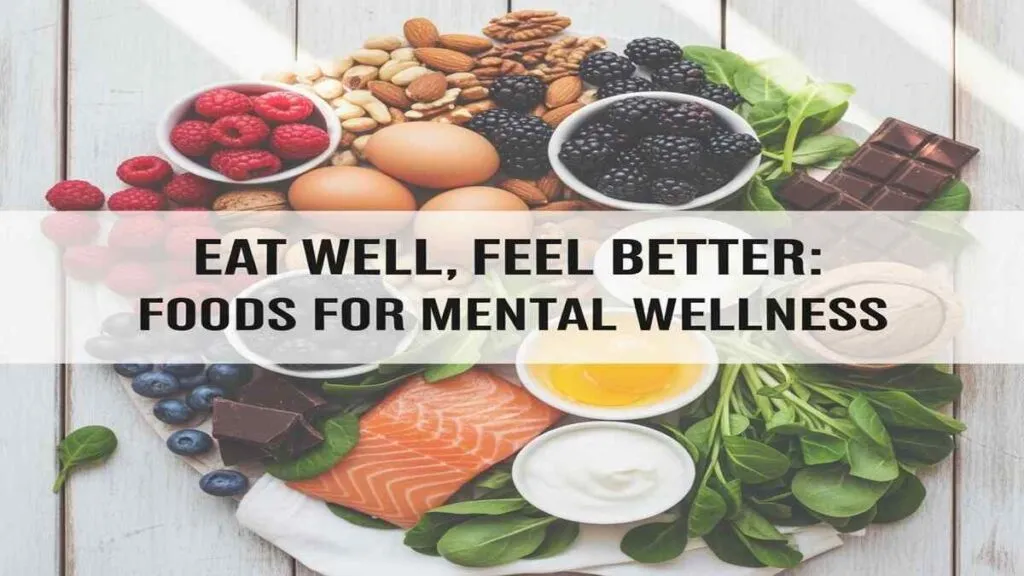
In today’s fast-paced world, the importance of sleep is often overlooked, treated more like a luxury than an essential need. We sacrifice sleep for messages at midnight, for bingeing on TV shows, for mindless scrolling of social media. Let’s be honest: Sleep is not a time suck – it’s a time bomb of capability, a time bomb of recovery, a time bomb of longevity.
Whether you’re a student, a healthcare professional, a tech enthusiast, or a parent juggling many roles, better sleep can transform your focus, energy, and even your immune system. In this article, we explore the real importance of sleep and offer 12 science-backed, natural strategies to improve your sleep quality—starting tonight.
Contents
Why We Need Sleep: Importance of Sleep
Understanding the importance of sleep and recognizing the benefits of quality sleep empower us to treat it as a foundation for better mental, physical, and emotional health. Sleep is more than just rest — it’s not simply “switching off” for a few hours. It’s an active, integral process your body and brain go through to repair, recharge, and refuel for the day ahead.
1. Brain Health and Memory
As you sleep, your brain processes information, consolidates memories, and flushes out waste. Lack of rest can lead to poor focus, memory issues, and even long-term risks like dementia.
🔗 According to the Sleep Foundation, adults who sleep less than 6 hours nightly may face cognitive decline over time.
2. Immune System Support
Sleep fuels your immune system. A well-rested body is naturally stronger at defending against illnesses and infections. It produces cytokines and infection-fighting cells that protect you from illness.
3. Hormonal Balance
Sleep maintains a balance of hormones like cortisol (stress), insulin (blood sugar), and ghrelin/leptin (hunger). Restless sleep can lead to hormonal problems, obesity, as well as an increased risk of chronic diseases, like diabetes and high blood pressure (hypertension).
4. Emotional Well-Being
Have you ever realized that everything seems more miserable after a lousy night’s sleep? Poor sleep increases anxiety, irritability, as well as depression. Good sleep is what helps you be emotionally resilient and cheerful.
How Much Sleep Do You Really Need?
| Age Group | Recommended Sleep Duration |
|---|---|
| Newborns (0–3 months) | 14–17 hours/day |
| Teenagers (14–17 years) | 8–10 hours/night |
| Adults (18–64 years) | 7–9 hours/night |
| Older Adults (65+) | 7–8 hours/night |
Most adults thrive on 7 to 8 hours of nightly rest — but it’s not just the hours that count, it’s how deeply and consistently you sleep that truly matters.
12 Expert Tips for Better Sleep— Unlock the Importance of Sleep Starting Tonight
You don’t require sleeping tablets or costly devices. Try these natural and proven techniques to get better sleep from tonight:
1. Stick to a Regular Sleeping Schedule

Get up and go to bed at the same time each day — including on weekends. This helps to strengthen your body’s internal clock as well as get better quality sleep.
2. Limit Screen Time before Bed
Blue light from phones, tablets, and laptops can suppress melatonin — the hormone that tells your body it’s time to sleep. Try to put away your phone, computer, or TV about an hour (60 minutes) before you head to bed to give your brain time to wind down naturally.
3. Avoid Caffeine and Heavy Meals in the Evening
Caffeine (found in coffee, tea, cola, or chocolate) can be in your system for 6–8 hours. Spicy foods or Late-night meals can disrupt sleep as well due to digestion or heartburn.
4. Wind Down with a Night Routine
Try reading, stretching, a warm shower, or deep breathing exercises. Engaging in calming activities before bed helps your system shift into sleep mode.
5. Keep Your Room Cool and Dark
Ideal sleep temperature: 60–67°F (15–19°C). Use blackout curtains or an eye mask to reduce light and consider a fan or white noise machine for comfort.
6. Reserve Your Bed for Sleep and Intimacy Only
Avoid working, eating, or watching movies in bed. This trains your mind to connect your bed with rest, not stress.
7. Access Natural Lighting during the Day
Exposure to natural sunlight during the day aids your sleep-wake cycle regulation. Try for a minimum of 20–30 minutes of sunlight exposure each day.
8. Move Your Body — But Not Before Bed
Exercise on a regular basis improves sleep quality. However, working out intensely right before bedtime can leave your body feeling too energized to fall asleep easily.
9. Avoid Long Naps in the Afternoon
f you need a nap, keep it short (20–30 minutes). Long naps can interfere with nighttime sleep — especially for light sleepers.
10. Try Journaling before Bed
If your mind races at night, write down your list of thoughts or tasks. It clears your mind and helps you feel less anxious.
11. Stay Hydrated — Not Only Before Bed
Dehydration can affect your sleep, but drinking too much water late can lead to frequent trips to the bathroom.
12. Seek Help If Sleep Problems Persist
If you’ve tried improving your sleep habits but still struggle, you may be dealing with a sleep disorder like insomnia or sleep apnea, and it’s worth speaking with a healthcare provider.
Common Sleep Myths Debunked
Let’s clear up some confusion:
| Myth | Truth |
|---|---|
| “I’ll just catch up on sleep later.” | Sleep isn’t a bank—you can’t completely recover from chronic lack of sleep just by sleeping in on weekends. Regular consistency is key. |
| “Older adults need less sleep.” | Aging doesn’t reduce sleep need — just sleep patterns may shift. |
| “A nightcap helps me sleep better.” | Alcohol might make you drowsy at first, but it interrupts your brain’s ability to enter deep, restorative sleep stages. |
| “I function fine with 5 hours of sleep.” | Long-term, chronic sleep deprivation has serious health consequences. |
The Importance of Sleep: Real Benefits You’ll Feel Every Day
When you understand the importance of sleep, you’ll realize it’s the foundation of total well-being. Here’s how better sleep can enhance every aspect of your health:
- Sharper focus and improved cognitive function
- Stronger immunity to protect you from illness
- Improved mood and emotional stability
- Healthier heart, reducing risks of disease
- Stable weight, thanks to hormonal balance
- Faster healing and better physical recovery
- Longer lifespan backed by scientific studies
In today’s always-on culture, taking time to rest is often mistaken for being unproductive. But the opposite is true: recognizing the importance of sleep is one of the smartest and most productive things you can do for your body and mind. Better sleep is not just about feeling less tired — it’s about unlocking your full potential every single day.
At its core, the importance of sleep is equal to that of eating well and staying active when it comes to maintaining your overall well-being. Don’t wait for burnout, illness, or emotional exhaustion to make it a priority. If better sleep is just the beginning, these 10 everyday habits can help you build a balanced and healthy life. So tonight, let your body do what it was beautifully designed to do: heal, restore, and renew.
FAQs
❓ Why is sleep important for your health?
Sleep plays a crucial role in physical healing, emotional balance, brain function, and immune defense.Without enough quality sleep, your body can’t restore itself, leading to poor concentration, mood disorders, weakened immunity, and increased risk of chronic diseases like diabetes and heart disease.
❓ Can poor sleep affect mental health?
Absolutely, bad sleep has links to anxiety, depression, and stress. When you sleep better, your brain has time to reset, improving emotional regulation and overall mental well-being.
❓ What are the signs of poor sleep quality?
If you wake up tired, feel drowsy during the day, snore heavily, or frequently wake up during the night, you may havepoor sleep quality.
❓ How can I improve my sleep naturally?
Try sticking to a consistent sleep schedule, limiting caffeine and screens before bed, making your bedroom cool and dark, and practicing calming bedtime routines like reading or meditation. See our12 Proven Tips for Better Restfor more.
❓ Is sleep more important than exercise?
Sleep,nutrition, andexerciseare the three pillars of health. None should be ignored. Bad sleep reduces the benefit of exercise and can affect your motivation to stay active.
❓ Does aging reduce the need for sleep?
No — older adults still need7–8 hours of sleep per night. However, aging may affect sleep patterns, making it harder to stay asleep for long stretches.
❓ When should I see a doctor for sleep issues?
If you’re struggling with sleep despite trying healthy sleep habits, or experience symptoms like loud snoring, gasping for air, chronic insomnia, or extreme fatigue, it’s best to consult a healthcare provider or sleep specialist.
💬 Join the Sleep Conversation: What’s your bedtime routine like? Tried any of these sleep tips? Drop a comment below — we’d love to hear how they’re working for you!
🔁 Share this article with someone who’s always tired — they deserve to know the real importance of sleep! They’ll thank you later.
References
- Sleep Foundation – How Sleep Affects Your Health
- CDC – How Much Sleep Do I Need?
- NIH – Benefits of Good Sleep
Disclaimer: This article is for informational purposes only and is not a substitute for professional medical advice. If you have ongoing sleep issues, consult a qualified healthcare provider or sleep specialist.
Founder of My Health Tech Talk. He is a health informatics professional, researcher, and graduate assistant with a passion for digital health and innovation, medical tourism and health tips. Learn more about author and his mission on the About Us page


